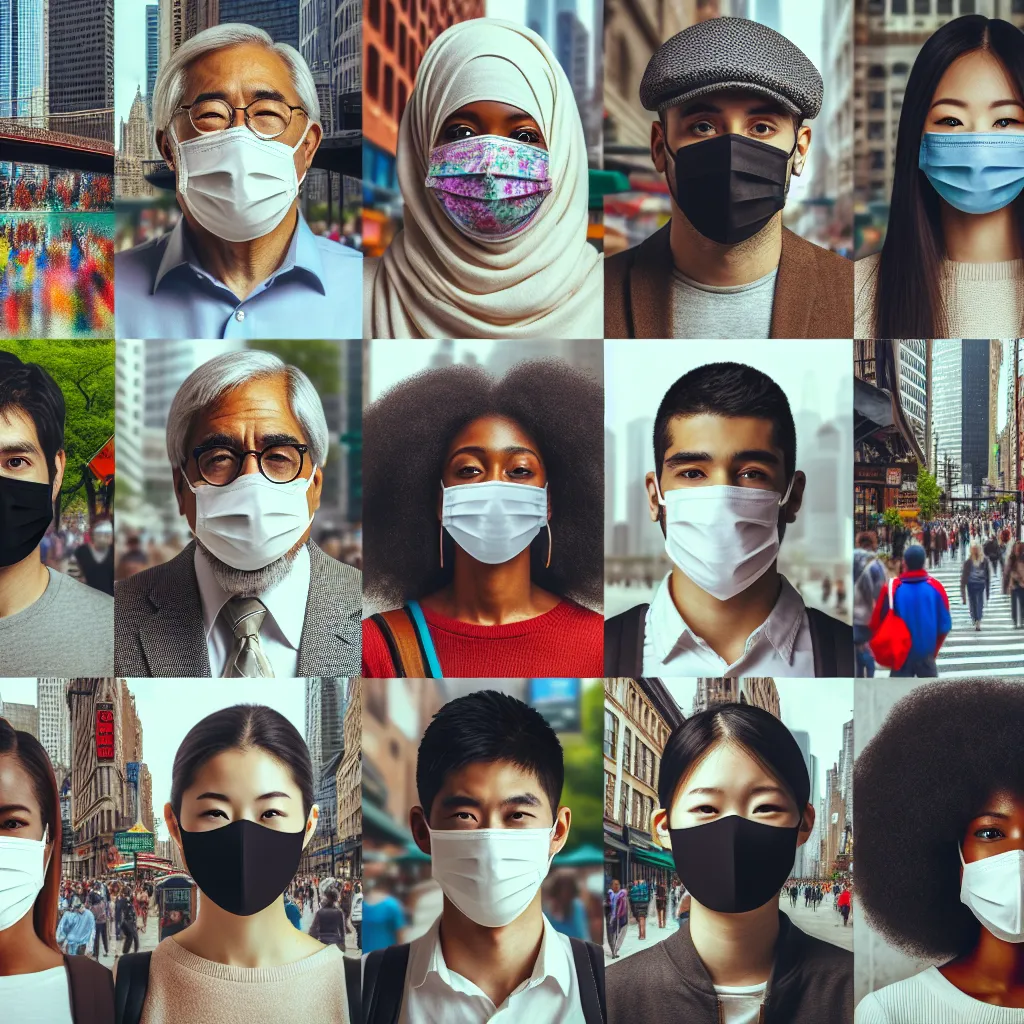
The Impact of Face Masks on Public Health
The Effectiveness of Face Masks in Preventing the Spread of Respiratory Diseases
Face masks have become a central element in the public health strategy to prevent the spread of respiratory diseases, especially in the context of the COVID-19 pandemic. Research indicates that the use of face masks is effective in reducing the transmission of respiratory viruses. A key aspect of their effectiveness lies in their ability to block respiratory droplets that may contain the virus, thereby reducing the risk of transmission between individuals.
Studies have shown that wearing face masks not only protects the wearer from inhaling infectious droplets but also prevents the spread of respiratory particles from an infected individual. This dual benefit highlights the significance of widespread mask-wearing in mitigating the impact of respiratory diseases on public health. Furthermore, the adoption of face masks has been linked to a decrease in the incidence of various respiratory infections, underlining their role in preventing the spread of diseases beyond COVID-19.
Moreover, the effectiveness of face masks has been underscored by their ability to offer some level of protection even when they are not worn universally. In situations where adherence to mask-wearing is high, the impact on preventing the spread of respiratory diseases is particularly notable. Therefore, the promotion of widespread and consistent use of face masks remains a critical component of public health measures aimed at combating respiratory illnesses.
Public Attitudes Towards Wearing Face Masks: A Global Perspective
Public attitudes towards wearing face masks have varied significantly around the world, reflecting cultural, political, and social differences. In many Asian countries, wearing face masks has been a common practice long before the COVID-19 pandemic, often as a courtesy to others when feeling unwell. In contrast, many Western countries initially had mixed attitudes towards mask-wearing, with debates over their effectiveness and concerns about personal freedom. However, as scientific evidence supporting the benefits of face masks in reducing the spread of respiratory illnesses has become more widely accepted, public attitudes have shifted.
In some regions, face masks have become a symbol of social responsibility and solidarity, with many people embracing their use to protect vulnerable populations. Public health campaigns, government mandates, and community initiatives have played crucial roles in shaping these attitudes and encouraging widespread mask-wearing. Nonetheless, challenges remain in addressing resistance to face masks in certain communities, often fueled by misinformation or ideological beliefs.
Understanding the global landscape of public attitudes towards wearing face masks is essential for devising effective public health strategies and communication efforts. As the discourse around face masks continues to evolve, it is crucial to acknowledge and address the diverse perspectives and concerns within different populations. Ultimately, fostering a collective understanding of the importance of face masks in safeguarding public health is vital for mitigating the impact of respiratory diseases on a global scale.
Policy Implications of Universal Face Mask Use in Public Health
Policy implications of universal face mask use in public health have become a hot topic as communities grapple with how to best manage the ongoing COVID-19 pandemic. The debate surrounding the use of face masks as a preventative measure has raised important questions about government mandates, individual rights, and the overall effectiveness of such policies.
Proponents of universal face mask use argue that implementing mandates at the government level is crucial to ensure compliance and protect public health. By making face masks a requirement in public spaces, policymakers can send a clear message about the seriousness of the situation and the collective responsibility we have to keep one another safe. Additionally, well-crafted policies can help address issues of accessibility, ensuring that masks are readily available to all members of the community.
Conversely, opponents of universal face mask mandates raise concerns about personal freedoms and the potential for enforcement issues. As policy decisions are made, it’s important to carefully consider the balance between public health measures and individual liberties. Moreover, effective policies should include provisions for education and outreach to help mitigate resistance and ensure widespread understanding of the rationale behind mask mandates.
As policymakers grapple with these complex issues, it’s clear that a nuanced approach is necessary. In evaluating the policy implications of universal face mask use in public health, it’s imperative to consider not only the immediate impact on disease transmission, but also the long-term effects on public trust, social cohesion, and individual well-being.
By weighing these factors carefully, policymakers can develop sound strategies that promote public health while respecting the rights and dignity of all individuals.



